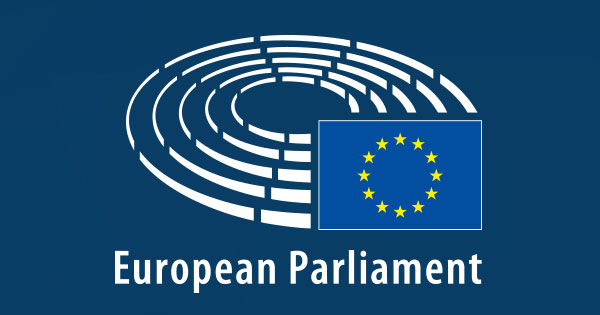The brand new regulation would create a framework for imposing this ban, together with by way of investigations, new IT options and cooperation with different authorities and nations.
Investigations
In response to the agreed textual content, nationwide authorities or, if third nations are concerned, the EU Fee, will examine suspected use of forced labour in firms’ provide chains. If the investigation concludes that forced labour has been used, the authorities can demand that related items be withdrawn from the EU market and on-line marketplaces, and confiscated on the borders. The products would then must be donated, recycled or destroyed. Items of strategic or crucial significance for the Union could also be withheld till the corporate eliminates forced labour from its provide chains.
Companies that don’t comply could be fined. Nevertheless, in the event that they eradicate forced labour from their provide chains, banned products could be allowed again on the market.
Excessive-risk items and areas
At Parliament’s insistence, the Fee will draw up an inventory of particular financial sectors in particular geographical areas the place state-imposed forced labour exists. This can then turn out to be a criterion to evaluate the necessity to open an investigation.
The Fee may also establish products or product teams for which importers and exporters must submit further particulars to EU customs, equivalent to info on the producer and suppliers of those products.
Digital instruments and cooperation, together with with third nations
A brand new Forced Labour Single Portal could be set as much as assist implement the brand new guidelines. It contains tips, info on bans, database of threat areas and sectors, in addition to publicly accessible proof and a whistleblower portal. A Union Community In opposition to Forced Labour Products would assist to enhance cooperation between authorities.
The principles additionally foresee cooperation with third nations, for instance within the context of current dialogues or implementation of commerce agreements. This may increasingly embody info trade on threat areas or products and sharing greatest practices, particularly with nations with comparable laws in place. Fee appearing as a lead competent authority might also perform checks and inspections in third nations, if the related firm and the federal government of the third nation conform to it.
Quote
Co-rapporteur Samira Rafaela (Renew, NL) mentioned: “This legislation is floor breaking within the area of human rights. It’s going to stop forced labour products from getting into our market. And it has a number of references to remedation. It’s a step ahead in attaining truthful commerce and cleansing up provide chains, whereas prioritising human rights. To fight forced and state-imposed labour, we should work with like-minded companions and turn out to be a robust ally within the international battle towards forced labour.”
Co-rapporteur Maria-Manuel Leitão-Marques (S&D, PT) mentioned: “Forced labour has been a actuality for too lengthy, and it stays a actuality for too many. There have been an estimated 27,6 million folks affected by it in 2021, principally within the personal sector, but in addition victims of so-called state-sponsored forced labour. The deal we reached at the moment will guarantee the EU has an instrument to ban products made with forced labour from the Union market in addition to to sort out numerous types of forced labour, together with when it’s imposed by a state.”
Subsequent steps
The European Parliament and Council will now each have to present their ultimate inexperienced mild to the provisional settlement. The regulation will then be revealed within the Official Journal and enter into power the next day. EU nations will thereafter have 3 years to begin making use of the brand new guidelines.
Background
The forced labour regulation focuses on products and won’t place extra due diligence necessities on firms that don’t use forced labour of their provide chains. Nonetheless, it’s typically related with the directive on Corporate Sustainability Due Diligence that was provisionally agreed between Parliament and Council, however that has up to now not been given a ultimate OK from the Council.
